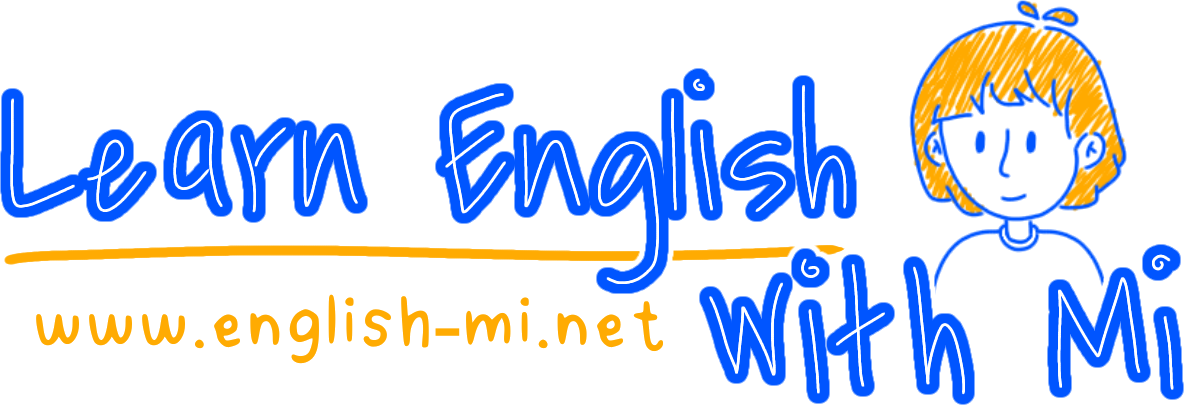The simple past tense is one of the most common tenses in English, that mostly used to describe actions or situations that were completed at a specific time in the past. it is often accompanied by time expressions like “yesterday”, “last week”, or “in 2002”. In this article, we will cover everything you need to know about simple past tense, its forms, its structure, and how to use it correctly.
How to form the simple past tense
affirmative form
- regular verbs : to form the simple past tense of regular verbs, we add “ed” to the base form of the verb.
talk → talked
walk → walked
live → lived
wash → washed
examples :
he visited his parents last week.
I traveled to France last year.
- Irregular verbs : irregular verbs have special past tense forms that you need to memorize.
go → went
eat → ate
sleep → slept
see → saw
examples :
they ate pizza for dinner.
she ran five kilometers yesterday.
negative form
to make the negative form of the simple past tense, use “did not” or “didn’t”, followed by the base form of the verb.
subject + did not + the base form of the verb
examples :
- he did not attend the meeting yesterday.
- I did not watch a movie last night.
- they did not go to the party last week.
- we did not study for the exams.
note
we use “did not” or “didn’t” with all verbs in the simple past tense, regardless of whether they are regular or irregular.
interrogative form
to form questions in the simple past, we use “did” before the subject, followed by the base form of the verb.
did + subject + the base form of the verb
examples :
- did you finish your homework.
- did she visit the museum yesterday.
- did he travel to Spain.
- did you wash your car.
When to use the simple past tense
- completed actions : the simple past is used for actions that are completely finished.
I visited Japan in 2012
she watched a movie last night
- habits and routines in the past.
they played soccer every Monday
we studied hard for the test
- sequential actions : it describes a series of completed actions.
she woke up, had breakfast, and left for school
The most common irregular verbs
| base form | past simple |
|---|---|
| be | was / were |
| become | became |
| begin | began |
| break | broke |
| build | built |
| buy | bought |
| come | came |
| cut | cut |
| do | did |
| eat | ate |
| feel | felt |
| find | found |
| get | got |
| have | had |
| keep | kept |
| know | knew |
| leave | left |
| make | made |
| read | read |
| see | saw |
| sleep | slept |
| take | took |
| go | went |
| think | thought |
The simple past tense is essential for discussing past events and experiences that were completed at a specific time in the past. It is formed by adding “ed” to regular verbs, while irregular verbs have unique past forms that must be memorized. Understanding its formation, usage, and how to create negative and question forms will help you communicate effectively about what has already happened.

